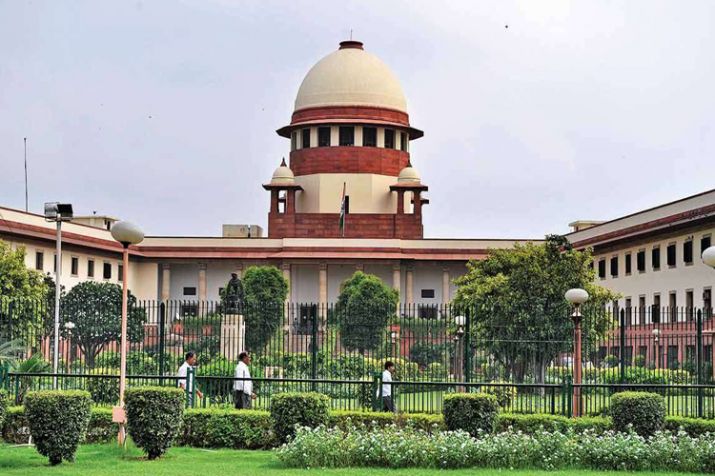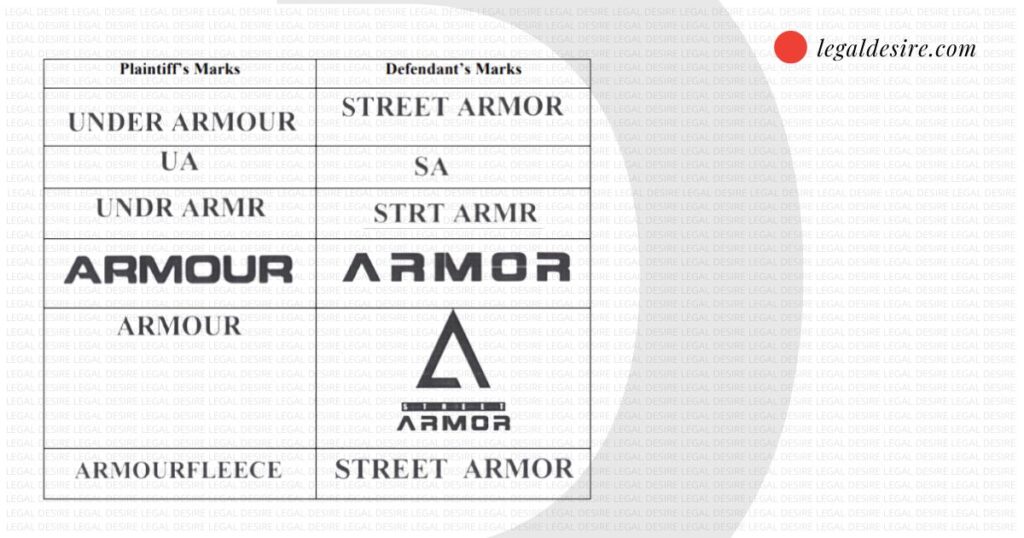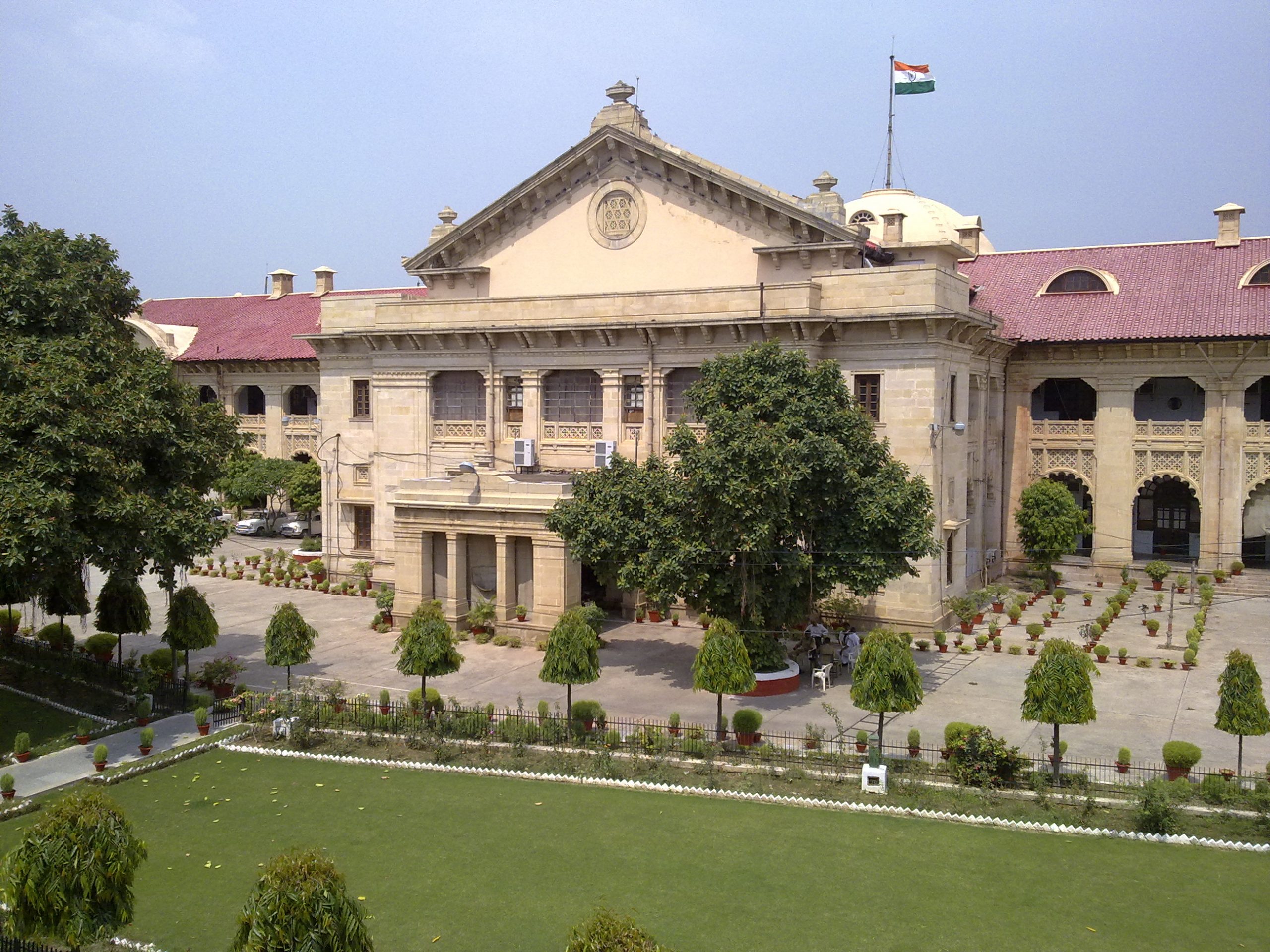Now Reading: SC: Limitation period shall only be made applicable if the Trial Court had not passed any order regarding the disputed property while convicting the accused
-
01
SC: Limitation period shall only be made applicable if the Trial Court had not passed any order regarding the disputed property while convicting the accused

SC: Limitation period shall only be made applicable if the Trial Court had not passed any order regarding the disputed property while convicting the accused
The Supreme Court of India, on 12.02.2019, in Mahesh Dube v Shivbodh and Ors[1]., had allowed the appeal against the order of the lower Courts.
FACTS:
The respondents father was the tenant of the appellant’s father. An eviction suit for failure in paying the rent was filed that was eventually decreed and in the execution, the possession of the tenanted house was delivered to appellant’s father.
However, on the same night the father and grandmother of the respondents as well as the respondents themselves went to the house and took forceful possession of that house. When a report was lodged charges were farmed against the respondents as well as against the father and grandmother. However, during the pendency of the case, the grandmother of the respondents had died while the respondents as well the father had to face conviction under Section 448 of I.P.C. by the Trial Court along with a direction of handing over the disputed property to the complainant. Being aggrieved, an appeal was made before the Sessions Judge that was faced a dismissal eventually.
Subsequently, an application was filed by the present appellant’s father under Section 456 Cr.P.C. to hand over the disputed property, The application faced a rejection in the hands of the Trial Court upon the ground that no application could be filed beyond a period of thirty days from the date of the Appellant Court’s order. The Revision Petition as well as the petition that was filed under Section 482 Cr.P.C. in the High Court too were dismissed subsequently.
As a result, the present appeal had been made before the Supreme Court of India.
DECISION HELD BY THE APEX COURT:
The Supreme Court of India, while setting aside the High Court’s, Session Court’s and Trial Court’s orders and allowing the appeal held that after the filing of the appeal, the order that was directed to restore the possession of the property had not been complied upon. After the filing of such appeal by respondents and the father had faced a dismissal, the present appellant’s father had applied to seek the handover of such possession with regard to the terms of order that had already been passed by the Trial Court when it had convicted the respondents and their father as a result of which such limitation period is not applicable. Limitation period shall only be made applicable if the Trial Court had not passed any order regarding the disputed property while convicting the accused.
[1] Full Judgment:
[embeddoc url=”https://www.sci.gov.in/supremecourt/2009/8532/8532_2009_Judgement_12-Feb-2019.pdf” download=”all”]









